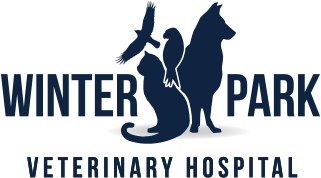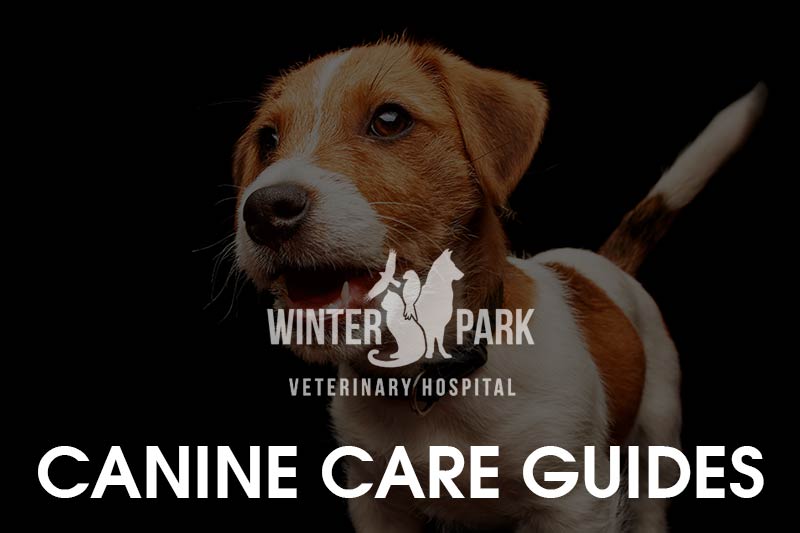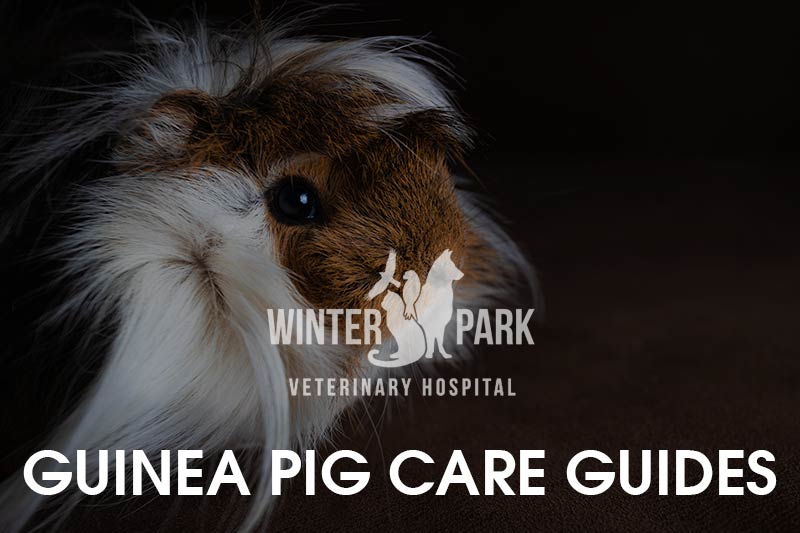Download Gut Loading Guide – PDF
Reptiles require a diet high in calcium and low in phosphorous.
Insects naturally are low in calcium and vitamins reptiles require being healthy. Additionally, insects from the store are starved and dehydrated. Gut loading is a multi-step process wherein the goals are to 1) get the insects healthy for their sake 2) get the insects full of the calcium and vitamins your reptile needs. Insects that are in pet stores are usually shipped from other parts of the country, and thus come into the store very dehydrated and shells of their former selves. To ensure the insects are the healthiest they can be for themselves (and for you so you do not have to go to the store as often), set the insects up in a bin and provide them vegetables/fruits. This will allow the insects to live longer and be more nutritionally complete. Twenty-four hours (24) hours before you are ready to feed your reptile, move the designated amount of insects you plan to feed that day to your reptile to a separate gut loading bin. In this bin, the insects need to live on a gut loading formula that has >8% calcium on a dry matter basis (Repashy Superload or T-Rex Calcium Plus Food for Crickets). Do not use any other brand or version. Do not offer other items in this set up such as fruit/vegetables, or gut loading cubes/gels during this time as the insects will try to avoid eating the supplement).
Dust the insects with a calcium supplement with no Vitamin D (No vitamin D so that you don’t cause vitamin D overdose while supplying the calcium) or phosphorous (can lead to calcium and phosphorous imbalances and nutritional secondary hyperparathyroidism) every feeding.
Dust the insects with the multivitamin that has active Vitamin A (not beta carotene- it is unknown whether reptiles can convert beta carotene to Vitamin A) once a week.








